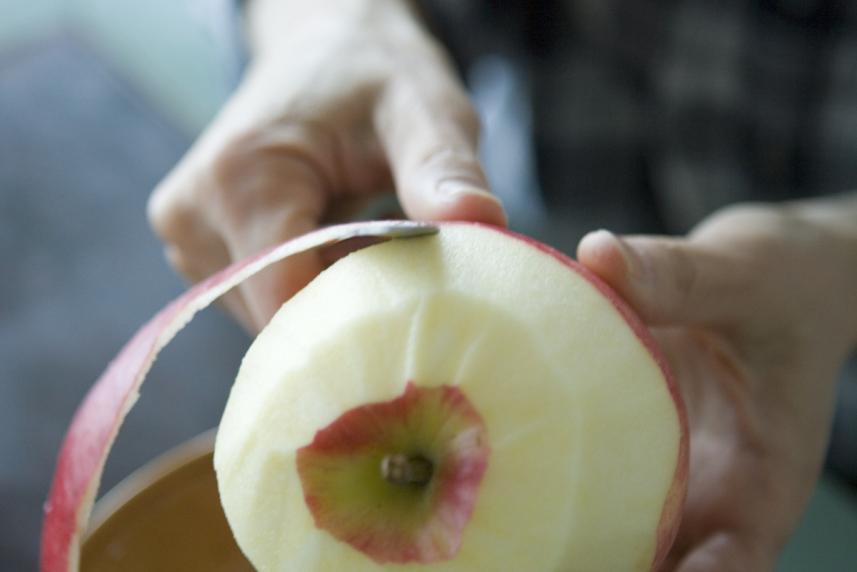The what’s what on nutrients and aging
Nutrition is a building block for everyone’s health, but some vitamins are particularly important for older adults.

Healthy eating can help protect your whole body—strengthening your bones, helping your heart, and boosting your immune system. But as we age, proper nutrition is especially important. Older people should focus on getting enough calcium, potassium, fiber, and certain vitamins. Here’s how and why.
Calcium keeps bones strong. If you don’t get enough calcium, you’re at a higher risk of fractures and osteoporosis.
- Recommended daily value (RDV): 1,200 milligrams (mg) for women older than 50. 1,000 mg for men between ages 50 and 70.
- Sources: Fat-free or low-fat dairy products, such as milk, yogurt, and cheese; green vegetables, such as broccoli, kale, collard greens, and others.
Potassium is crucial for healthy brain and muscle function, and it can also help lower blood pressure, reduce salt sensitivity, and lower the risk of kidney stones.
- Adequate intake (AI): 4,700 mg for most men and women.
- Sources: Bananas, oranges, potatoes, and tomatoes.
- Potential contraindications: Common medications, including heart or blood pressure drugs, can interfere with potassium levels. If you take medication, ask your doctor how much potassium is right for you.
Fiber is good for your heart, helps maintain HDL (“good”) cholesterol by sweeping LDL (“bad”) cholesterol out of the blood, and helps regulate the digestive system and blood sugar levels.
- AI: 25 grams (g).
- Sources: Whole grain bread and pasta, brown rice. Fruits and vegetables; potatoes with the skin left on.
Vitamin D helps your body absorb calcium, boosting bone health.
- RDA: 600 international units (IU) for men and women between ages 50 and 70; increases to 800 IU after age 70.
- Sources: Fortified milk and cereal, which have added vitamin D. Salmon and tuna are natural sources.
Vitamin E protects cell function and boosts the immune system. It may help prevent common infections.
- RDA: 22.4 IU.
- Sources: Nuts and seeds, such as peanuts, almonds, and sunflower seeds.
Vitamin K helps your blood clot, which can prevent excessive bleeding.
- AI: 90 micrograms (mcg) for women; 120 mcg for men. But, if you’re on a blood thinner, vitamin K can interfere with that medication, so inquire with your doctor about the appropriate recommended amount.
- Sources: All types of leafy greens, such as lettuce, spinach, and Swiss chard.


